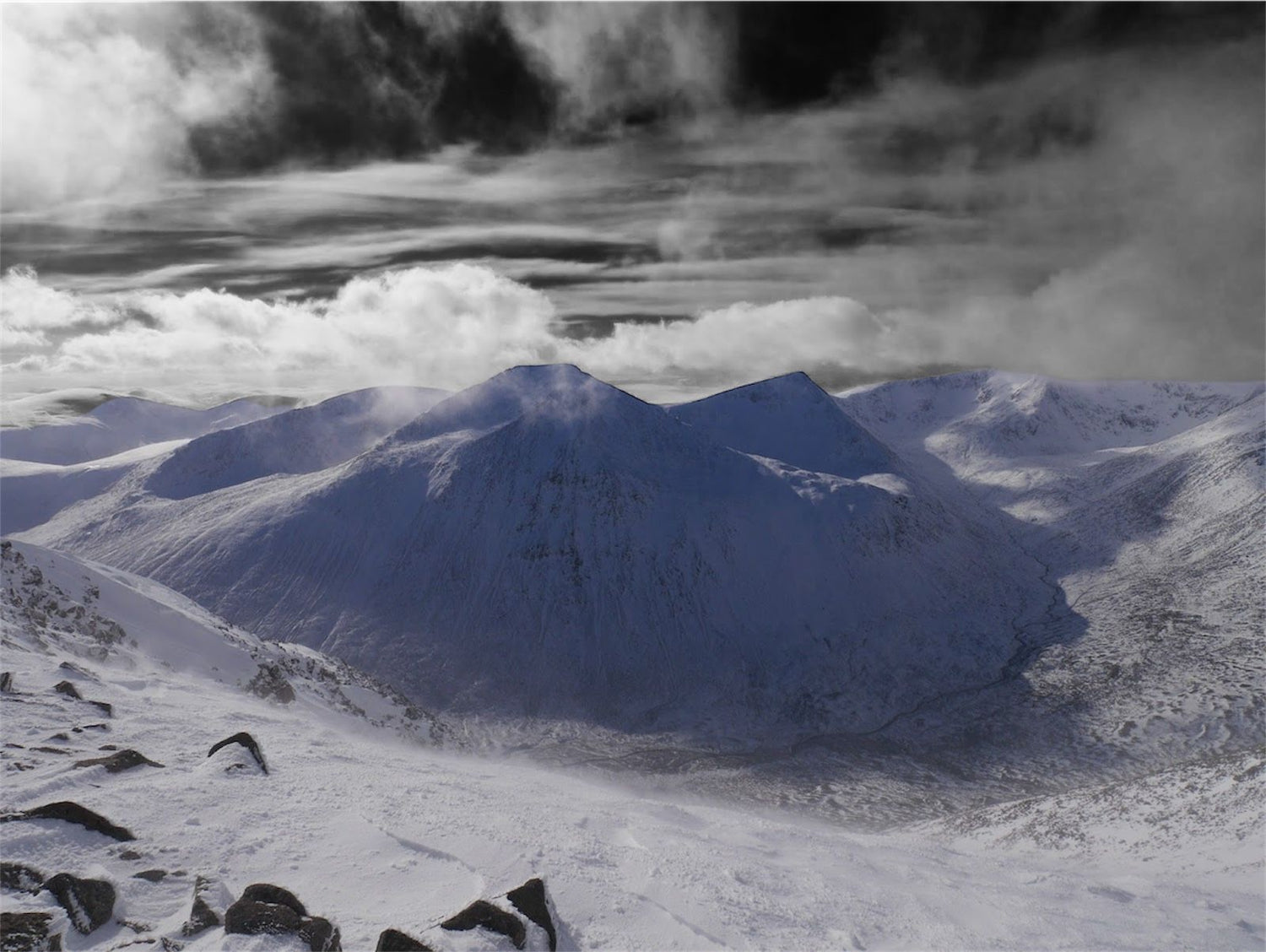Basic First Aid in Hiking & Mountaineering
Published by Mark Lane, Founder
When you're out in the hills or mountains, even with careful planning there’s always a chance something goes wrong. Knowing first aid basics, anticipating all weather conditions, and having a plan if help is not close by are essential. Recent UK statistics show that first aid isn’t a niche concern—it’s a regular necessity.
UK Statistics 2020-2025: Why First Aid Matters
-
In 2020, Mountain Rescue England & Wales (MREW) handled 3,080 call-outs, slightly up from 2019’s 2,973.
-
In 2023, there were 3,462 calls and 2,775 deployments in England & Wales. That means many calls, but each call doesn’t always need the same scale of help.
-
In Scotland, 2022 reports show 636 independent incidents, with 843 team call-outs. These involved 740 people assisted.
-
Of the Scotland 2022 cases, about 90 people were injured, and approximately 45% of the injuries were fractures.
These stats underline that walkers, climbers and hill users regularly require help—and many injuries are serious enough to need medical or rescue intervention.
First Aid Basics: What to Pack & What Skills to Have
Even if help is several hours away, good preparation and basic first aid skills can prevent an incident from becoming much worse.
-
Essentials to carry
-
A well-stocked first aid kit: antiseptic wipes, sterile dressings, adhesive plasters, compression bandage, triangular bandage (for slings), blister dressings.
-
Tools for cold or wet conditions: thermal blanket / foil blanket, spare dry clothing, waterproofs.
-
Sun/weather protection: suncream, hat, UV glasses.
-
Items for emergency: whistle, headtorch (with spare batteries), mobile phone with power bank.
-
-
Key skills to practice
-
Cleaning and dressing wounds to avoid infection.
-
Recognising types of injuries: distinguishing between sprains, fractures, dislocations. Immobilising limbs properly.
-
Treating hypothermia and hyperthermia: knowing signs of heat exhaustion and heat stroke in warm weather; frostbite, shivering, loss of coordination in cold.
-
Managing shock: keeping victim calm, warm, hydrated; lying them down with legs raised if possible.
-
Basic cardio rescue skills: CPR, dealing with choking or sudden collapse.
-
First Aid in Different Weather / Remote Conditions
Weather in the UK mountains changes fast. You might start under blue sky and end in mist, rain or snow. Be ready.
-
Cold / wet / winter conditions: Moisture accelerates heat loss. Wet clothing must be replaced; extra layers, hoods, gloves, shelter are vital. Hypothermia is a serious risk, even with mild air temperature, because wind and wetness combine to strip heat.
-
Hot / sunny weather: Dehydration, sunburn and heat exhaustion often cause injuries or illness in warm months. Drink regularly, rest in shade, avoid over-exertion.
-
Storms / high wind / low visibility: Navigation errors cause many injuries. In poor visibility, slow down, use map and compass, keep together. If someone is injured, find shelter, protect from wind and rain, reduce further damage (e.g. keep broken bones steady).
What to Do If Help Isn’t Nearby
If you're in a remote area and help is hours away (or days away, if you’re on a longer route), these steps can make a huge difference.
-
Stay put if you must. Unless staying in place increases danger (e.g. flood, avalanche, exposure), remaining near your last known position helps rescuers locate you.
-
Stabilise injuries. Control bleeding (pressure, elevation), immobilise suspected fractures (splints, jackets, sticks + padding). Keep victim warm.
-
Shelter and warmth. Use what you have: emergency blanket, bivvy bag, or any dry shelter. Conserve body heat, especially overnight.
-
Water and nutrition. Even mild injury can increase caloric and hydration needs. Sip water, eat energy-rich foods. Avoid letting anyone become hypoglycaemic (low blood sugar).
-
Communication. Use phone/GPS where possible. Emergency beacons are invaluable. If no signal, try to reach higher ground. Let someone know your route and expected return time before you go.
Why First Aid Skills Are Worth Learning
Looking at the data: hundreds or thousands of UK mountain rescue incidents per year; many involve injury. In Scotland alone in 2022, 90 injured people, ~45% fractures. England & Wales in 2023 had thousands of calls and nearly 3,000 deployments. These aren’t rare events. If a sprained ankle, bleeding cut or hypothermia strikes, knowing how to respond can reduce suffering, prevent complications, and potentially save lives.
At Ocio Montaña, we believe first aid awareness is part of responsible mountain travel. Being well-prepared, knowing what to do when injured, and having the right kit can transform a crisis into a manageable situation. You may never need to use every item—but having the knowledge, and staying calm, is something you’ll always carry home.
Explore without limits!




